Something In The Woods
Crumbs of Life
An exciting addition to the already rich and engaging filmography of Polish animation auteur Katarzyna Miechowicz.
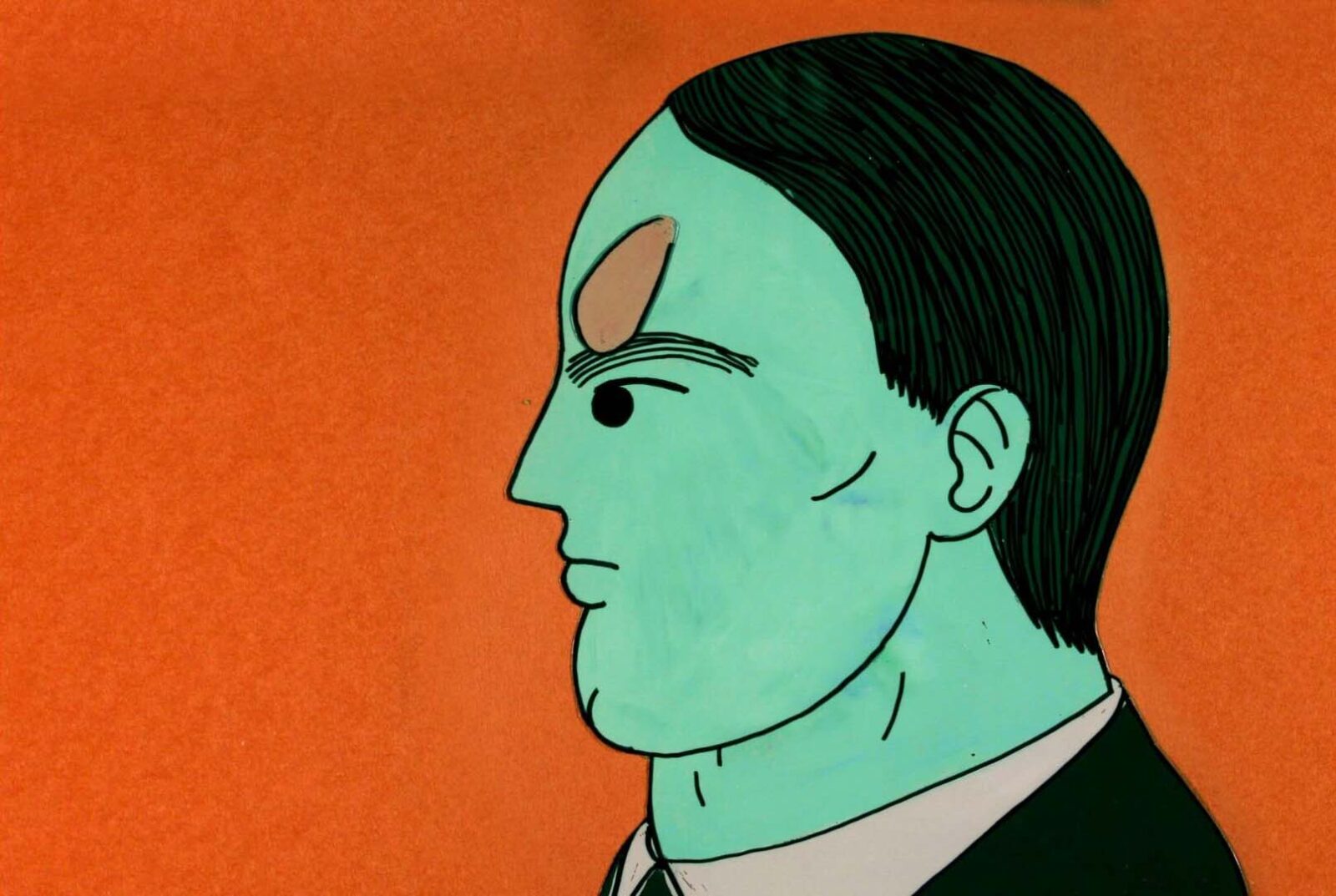
The latest offering from Polish auteur Katarzyna Miechowicz follows a bizarre group of small-town characters, focussing on Una, a young woman living in domestic bliss alongside her loving partner. Her sweetheart happens to be a gigantic creature, covered from head-to-toe in thick brown hair, although not much is made of this fact. Living in a little cabin by the sea, the couple appears to exist in a world of natural beauty. Una wades into the waters of the nearby ocean, sparkling in the bright sunshine, or watches through binoculars the horses that gallop past her house. Yet outside the safety of her home, dark forces begin to emerge.
Posters are pasted across the town, warning of a dangerous convict on the loose. Perhaps this mysterious figure is already walking the streets, peering at the TV screens in shop windows and hiding among the rocks on the beach. Through her binoculars, Una sees an unknown man handing a briefcase to one of the horses. The heavenly creatures of Una’s backyard are somehow involved in the growing conspiracy, appearing to assist in hiding the fugitive’s identity.
In the town, a local reporter attempts to interview one of the galloping horses. The aggressive animal spits angrily at the presenter, sending a bubble-gum-pink blob towards his face. The diseased saliva creates a scarlet pimple on the reporter’s forehead, an unsightly injury for someone in show business. He carries on regardless, having the make-up department cake the expanding growth in concealer before sitting down to deliver the evening news. At the same time, Una begins to experience similar body transformations. Long hairs start to grow from the soles of her feet, which she carefully plucks out with tweezers. Perhaps her boyfriend’s hair condition is within her DNA, or the plants around their forest home harbour strange poisons.
The various strands of the film’s bizarre plot begin to entwine. Una is drawn further into the dark forest where the convict hides, encouraged to investigate by the strange clues she finds on the beach. Meanwhile, the reporter’s face-pimple has begun to control his movements, sending him wandering among the foliage on the edge of town. Despite the constant sense of spontaneity and random coincidence, Miechowicz crafts her film with a meticulous focus. Each of her three characters leads lives that unknowingly cross over each other, united by their residence in a strange town by the sea. Even the horses outside Una’s home have a habit of cropping up elsewhere, at one point as actors on the couple’s TV screen, beating each other with beer bottles in a violent soap opera.
The film’s animated world is infused with a noirish sense of crime and mystery. The director exhibits a keen sense of the detective genre through the drawn objects that populate the screen. The clues that lead Una towards the convict’s lair resemble Agatha Christie’s work, like the golden key found on the beach or a box of secret Polaroid pictures pointing towards the convict’s identity. At the same time, the film’s obsession with mutation and disease suggests a solid lineage to the cinema of body horror. David Cronenberg would surely be proud of the news reporter’s gruesome fate, becoming a viral host for a vast, sentient pimple. Perhaps it makes clearer sense to link Miechowicz’s work to more contemporary examples, like Julia Dacournou’s Titane, which touches upon similar anxieties of our bodies morphing into something unknown. Independent animation has also been fertile ground for the genre, like the genetic experiments of Sophie Koko Gate’s heroine Tina in her 2018 film Slug Life. Another touchstone could be the mysterious illness of the titular character in Sarina Nihei’s 2020 animation Polka Dot Boy. Nihei’s conspiratorial and knotty plotlines are also reminiscent of Miechowicz’s method of storytelling, with its focus on chance encounters and unexplainable mysteries.
One of the short’s pleasures is an obsessive attention to colour and texture. Una’s surroundings are given a luminous glow with an organic colour scheme that feels lifted from a picture book. Particular care is given to the night-time shots, transforming the seaside into a muddled mix of dark blues and purples. This effect is helped by the cut-out style of the film’s characters, lovingly crafted from paper, reminiscent of the textural and theatrical delights of shadow puppetry. Perhaps strangest are the horses’ appearance, minuscule in height, with their perfectly round bodies and huge, unblinking eyes.
Crumbs of Life is an exciting addition to the already plentiful filmography of Katarzyna Miechowicz (Herbarium, The Amazing Adventures of Not So Special People From Outer Space). A passionate commitment to dark and penetrating subjects is displayed here, shot through with generous doses of surrealist comedy. At the centre of the short is an atmosphere of constant mystery, suggesting that there is something both beautiful and dangerous about its characters’ surroundings. Miechowicz’s world is one in which any living creature can become host to some unknown disease or transform the body of another with a dose of poisonous saliva. The film purposely avoids clarity in its approach to narrative, creating a web of seemingly unrelated instances; its ending manages to tie together the various strands while leaving the final few moments to suggest another ambiguous mystery.
Mentioned Films
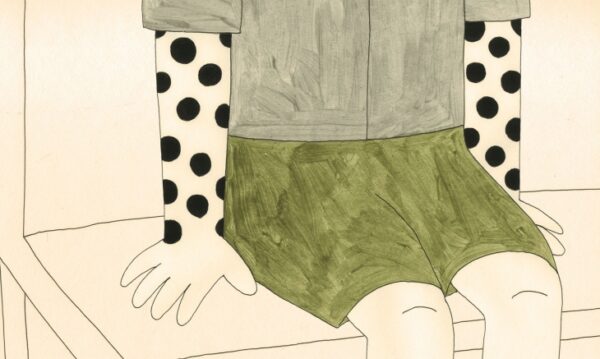
Polka-Dot Boy
by
Sarina Nihei,
France,
2020,
8’

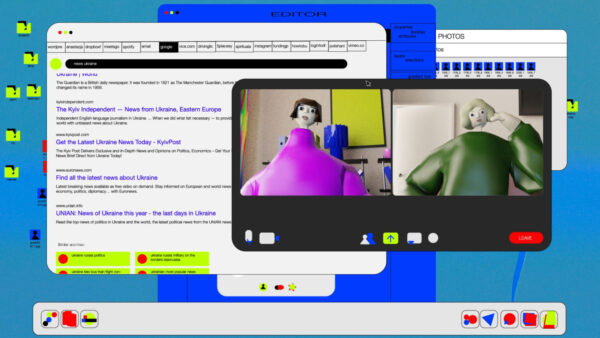
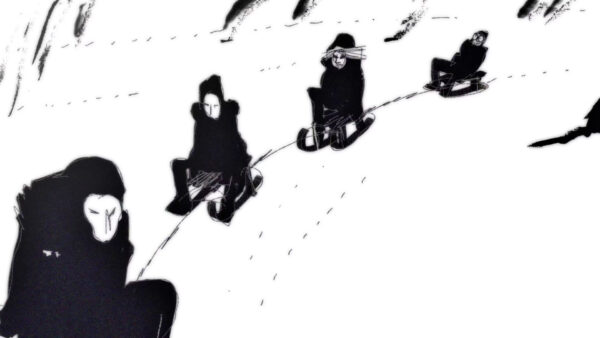
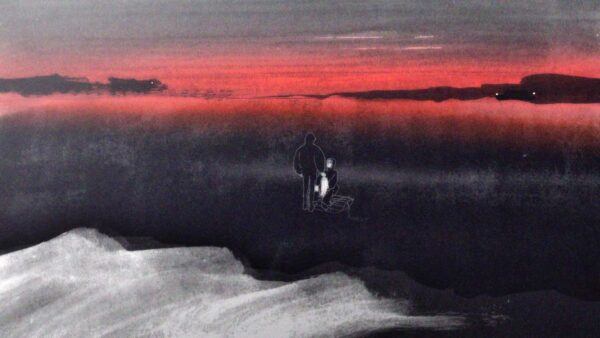

There are no comments yet, be the first!